Secretariat
The GFF Secretariat is responsible for managing the daily work of the GFF, including the GFF Multidonor Trust Fund; analytical work and technical assistance to GFF-supported country platforms, programs, and projects; engagement with global donors, partners, and stakeholders; results monitoring and reporting; and knowledge and learning.
The GFF Secretariat team is comprised of diverse experts in areas such as health systems, health financing, civil registration and vital statistics, maternal and child health, nutrition, family planning, private sector engagement, communications, knowledge and learning, and monitoring and evaluation, as well as secondees from GFF partner organizations.
Contact: GFFSecretariat@worldbank.org
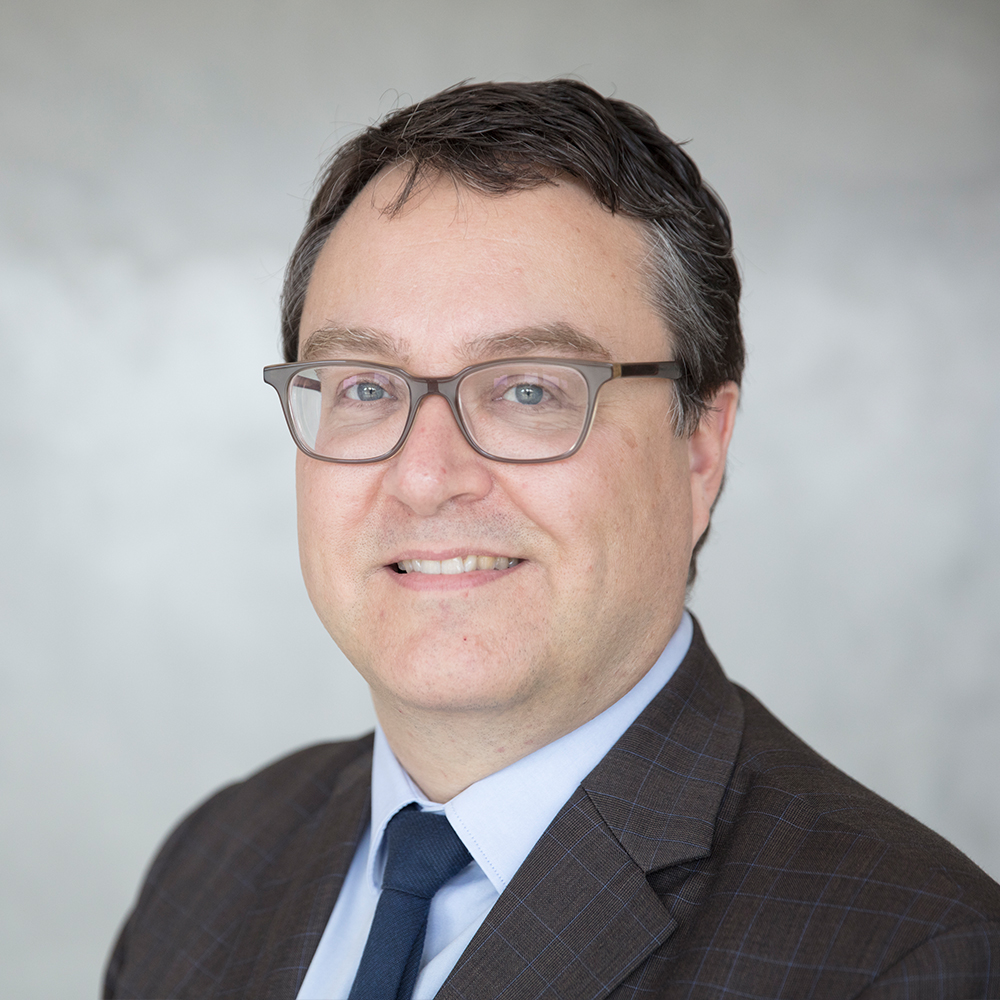

From 2013 to 2017, he was program leader for human development for the Central African Republic, Democratic Republic of Congo and Republic of Congo, based in Kinshasa, where he coordinated World Bank investments in health, nutrition, population, education, social protection, gender and fragility.
He joined the World Bank as senior nutrition specialist in the South Asia Region in 2009, initially based in New Delhi, India and then in Islamabad, Pakistan. Prior to joining the World Bank, he held several positions including regional director for Asia in the non-profit organization Nutrition International, and various positions at the Canadian International Development Agency. He also worked as counselor to the executive director for Canada, China, Spain, Korea and Kuwait at the African Development Bank, based in Abidjan, Côte d’Ivoire, and worked at the International Development Research Centre in Canada.
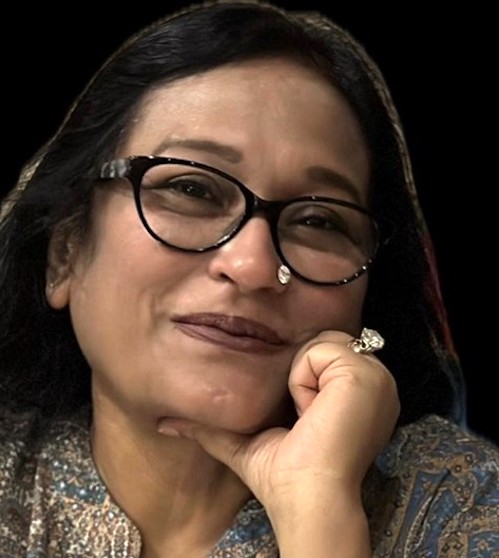

Prior to her current role, Bushra oversaw health initiatives across South Asia, including Bangladesh, Sri Lanka, and India. She led the health sector programs, the flagship health and gender support project in Cox’s Bazar for refugees in Bangladesh as well as the primary health care systems strengthening and COVID-19 emergency response project in Sri Lanka and the Tamil Nadu health systems strengthening project in India.
Dr. Bushra’s career includes significant contributions such as designing Nigeria’s P4R sector-wide approach, supporting the family planning program in Punjab, Pakistan, and contributing to the South Sudan health project. She has also provided cross-sectoral support at the World Bank in education and social protection initiatives.
Before joining the World Bank, Bushra held various positions within the government of Bangladesh and international organizations, including the United Nations and the United Kingdom's FCDO, where she served as a health advisor.
Bushra holds a master's degree in virology from the London School of Hygiene and Tropical Medicine and an MPhil in preventive and social medicine. She coauthored the "Bangladesh Health System Review: Health Systems in Transition (HiT)" for the Asia Pacific Observatory. Additionally, she serves as a professor of practice in public health at the Asian University for Women and imparts her expertise in the academic realm at Brown and Simmons University.
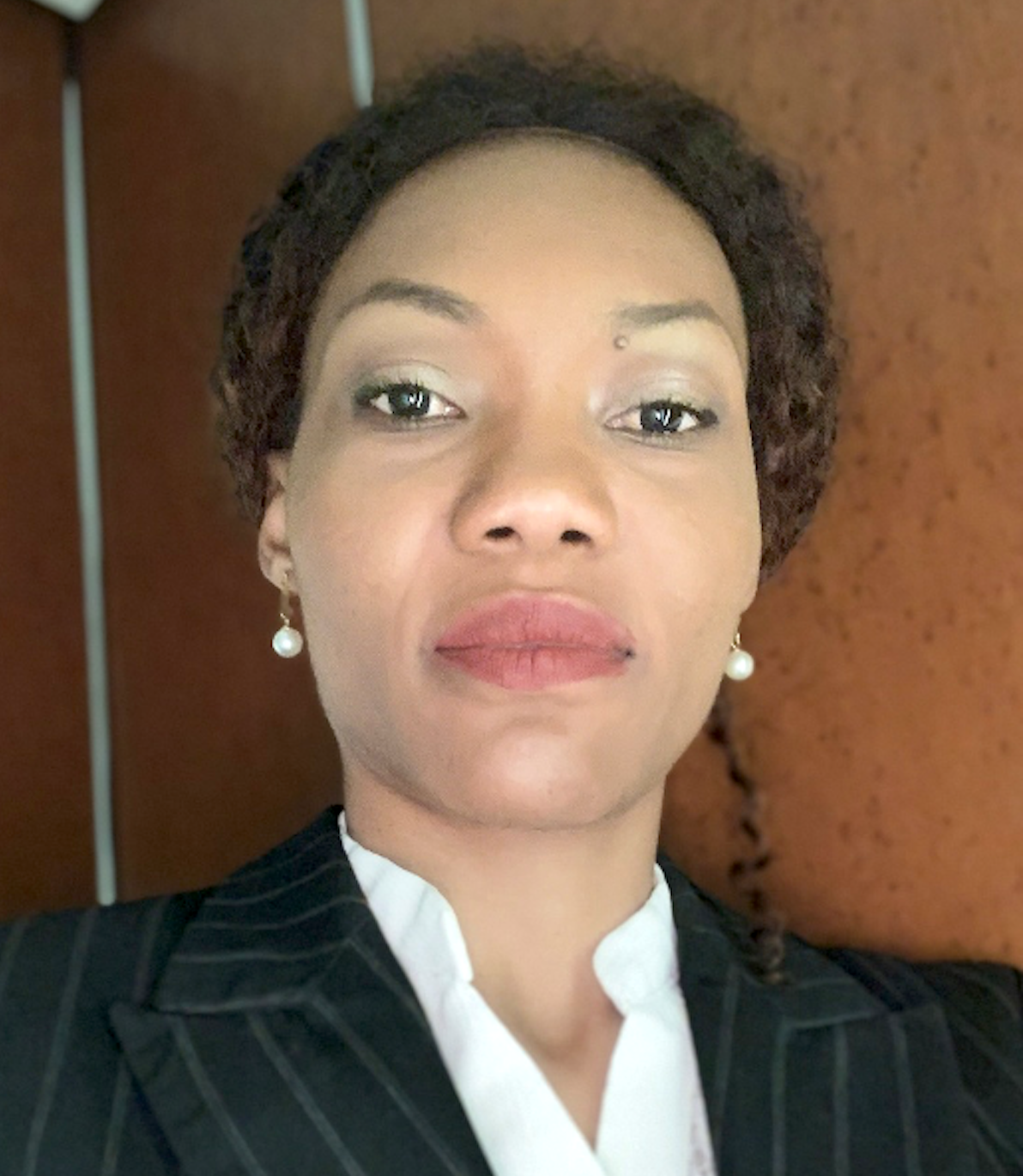

She delivered both operational and analytical support throughout the project cycle, including portfolio monitoring, disbursement tracking, quality assurance, and debt management. Additionally, she played an active role in institutional capacity-building by training government counterparts on World Bank financial management procedures and investment project financing (IPF) procurement processes, including system tracking and compliance.


Richa started her World Bank career in 2016 in Nepal, overseeing communications and outreach for the country team. In 2020, she moved to Washington, DC, to take up a role with the Bank’s Engagement & Partnerships Unit, focusing on civil society engagement, knowledge management, and risk monitoring. Prior to joining the Bank, Richa worked with Save the Children and WWF, building a career in strategic and crisis communications, advocacy and media engagement.
She holds a master’s degree in English literature and an MPhil in literature & linguistics.
Away from work, Richa loves spending time with her family and reviewing books. Her anthology of short stories for young adults, Fifteen & Three Quarters, was published in 2011.


With nearly a decade of experience in operations and administration within international organizations, Dieynaba has held roles at the Japan International Cooperation Agency (JICA), an international mining company, and the World Health Organization (WHO) Emergency Hub in Dakar. At WHO, she supported the Emergencies Program and was deployed to Brazzaville as part of the Ebola response effort before joining the World Bank.
She holds an MBA in business administration and is currently pursuing a master’s degree in environmental management.


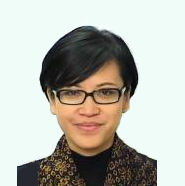

Before joining the GFF, Devy worked in the front office of the then senior vice president and special representative to the United Nations, Mahmoud Mohieldin, managing high-level administrative and logistical coordination. She also previously served in the front office of the country director and the administration unit at the World Bank Indonesia country office.
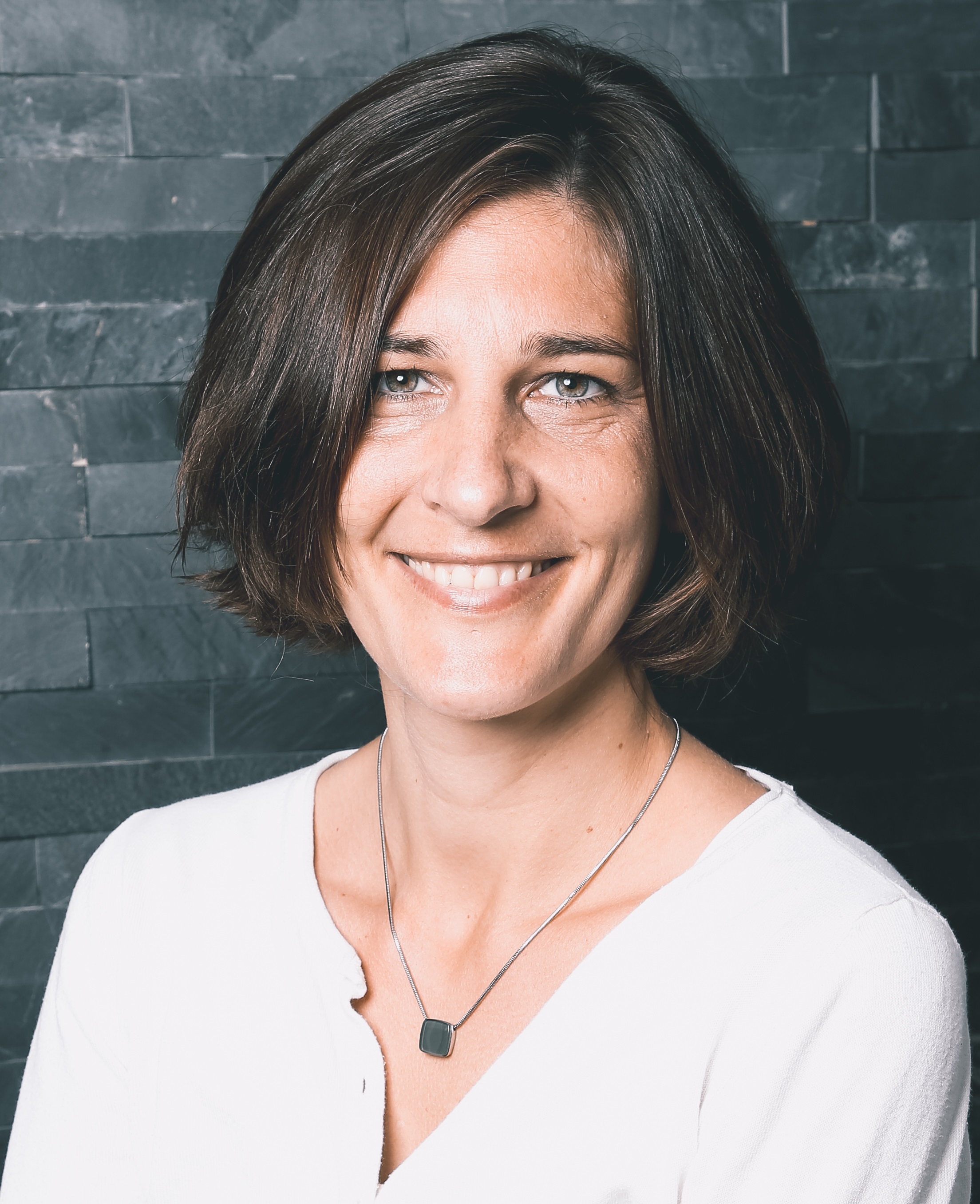

Lisa holds a master’s degree in social sciences from Goethe University and a master’s in public health from the London School of Hygiene & Tropical Medicine. Fluent in German, French, and English, she also possesses a good command of Spanish. Lisa comes to the GFF Secretariat as a secondee from GIZ and is based in Washington, DC.
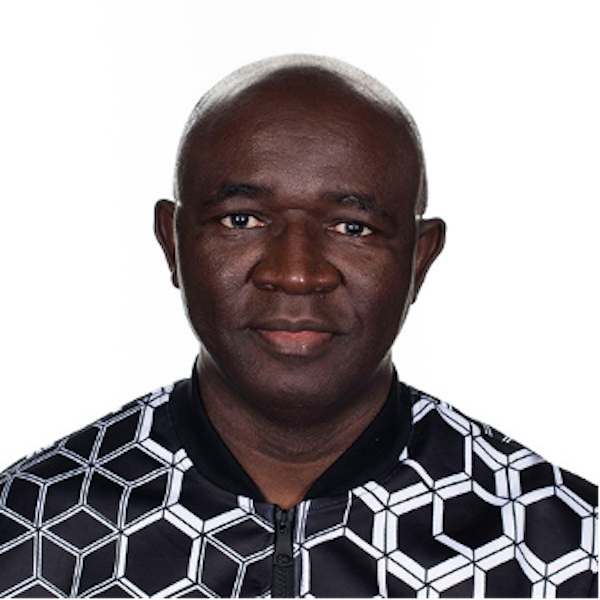

many health projects and analytical works as well as policy dialogue in countries such as Mali, Chad, Cameroon, Central Africa Republic, and Gabon.
He has over 20 years of experience in public health and health system strengthening, including more than 10 years with the government of Cameroon, before joining the World Bank in 2015.


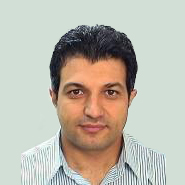

Before joining the Bank, Tawab worked at the Ministry of Health of Afghanistan as the grant and contract management specialist and has a rich experience working with the non-government and the public sectors.
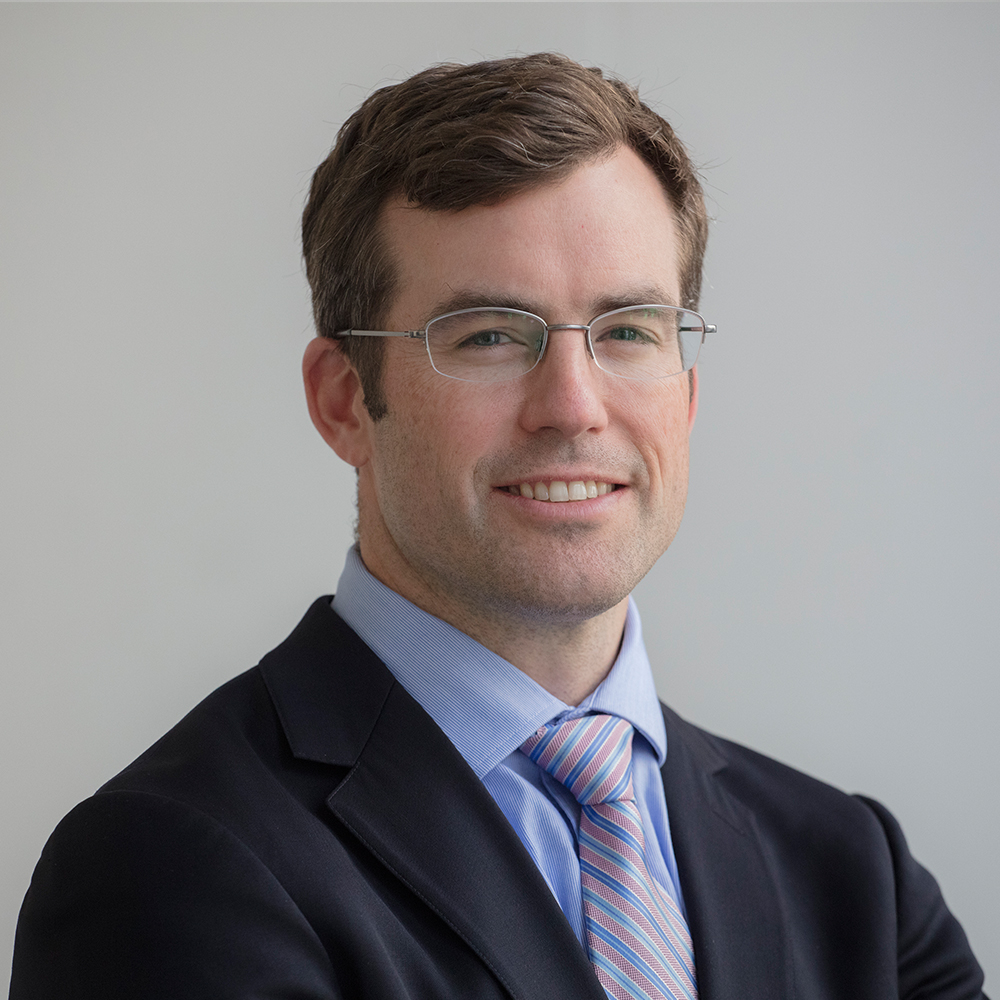

Brendan began his career working on HIV prevention and impact mitigation efforts in Swaziland with the U.S. Peace Corps and the National Emergency Response Council on HIV and AIDS. Brendan received his undergraduate degree from St. Lawrence University and his master's degree from University College Dublin.
Brendan is currently based in Kampala, Uganda.
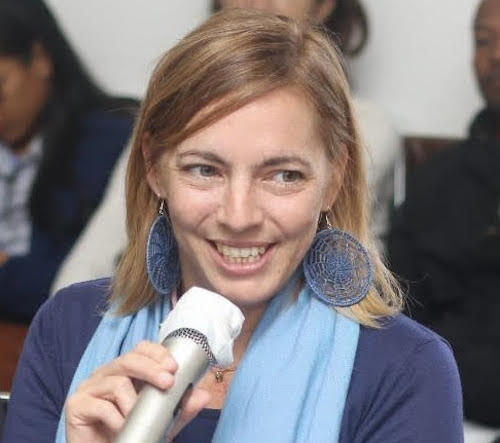

Before joining the GFF in 2023, Maud was based in Madagascar and led World Bank (WB) portfolios of Madagascar and Comoros, with operations on nutrition, pandemic preparedness, primary health care, COVID-19 response and health system strengthening. She has extensive operational and analytical experience in the Africa region (more than 15 years working for the World Bank), including on health financing, human resources for health, maternal, adolescent and child health, designing and implementing results-based financing schemes.
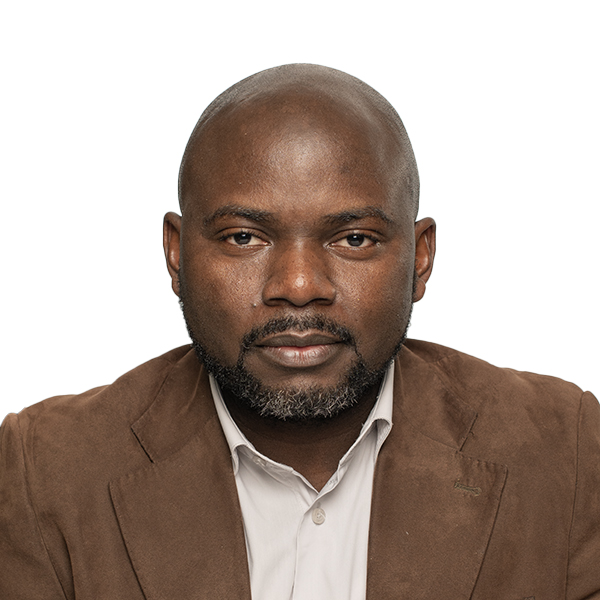

Before joining the GFF, he worked at the Technical Agency for Information on Hospital Care (ATIH) in France where he contributed to the maintenance of the French DRGs system and to the experimentation of bundle payments for surgery. He supported the department of health systems financing and governance at the World Health Organization (WHO) in developing a strategy for setting up a community of practice (CoP) on anti-corruption, transparency and accountability in health, a topic he addressed in his doctoral thesis. With WHO, Hyacinthe also participated in updating the National Health Accounts 1995–2010 of 13 Regional Office for the Americas (AMRO) Caribbean countries and in the production of the expenditure profile of AMRO countries.
As a consultant with Vital Strategies, Hyacinthe contributed to the implementation of the data to policy (D2P) program in Cameroon, leading all the sessions on health economic evaluation.
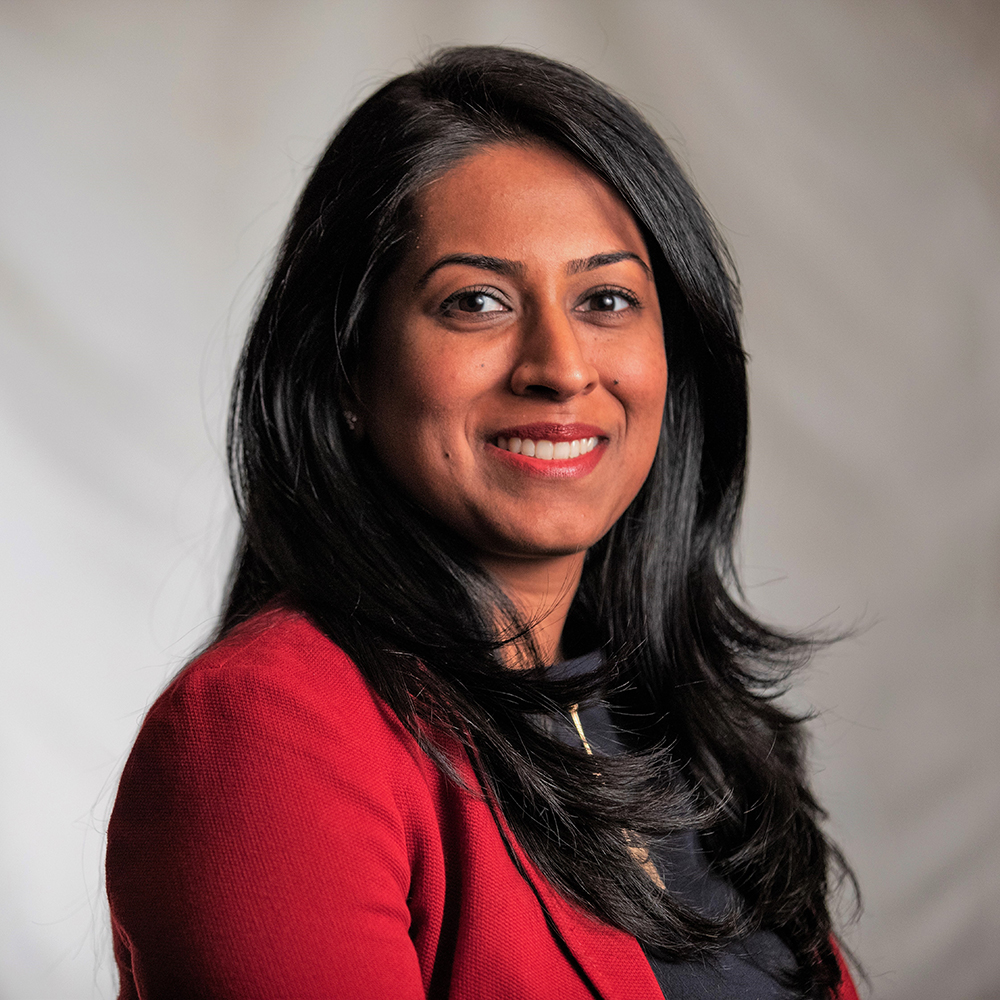

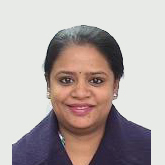

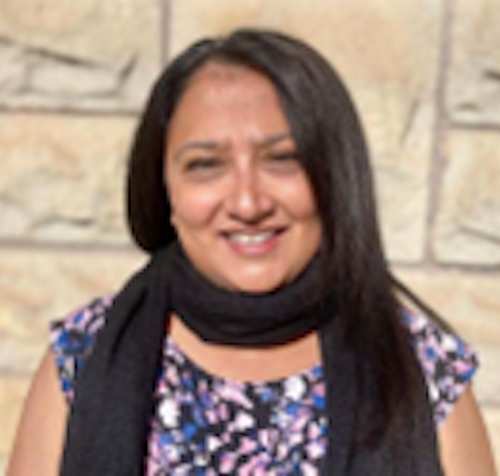

Prior to that, she held senior technical advisory positions at USAID headquarters in newborn health, in Ethiopia as the child health lead and South Africa focused on pediatric and adolescent HIV prevention, care and treatment. Prior to USAID, she spent three years as a working pediatrician in Lesotho with Baylor College of Medicine and worked at HQ level for Elizabeth Glaser Pediatric AIDS Foundation and UNICEF.
Smita has experience in senior management as well as in several elements of RMNCAH, health system resilience, pharmaceutical systems, community health and multisectoral programming.
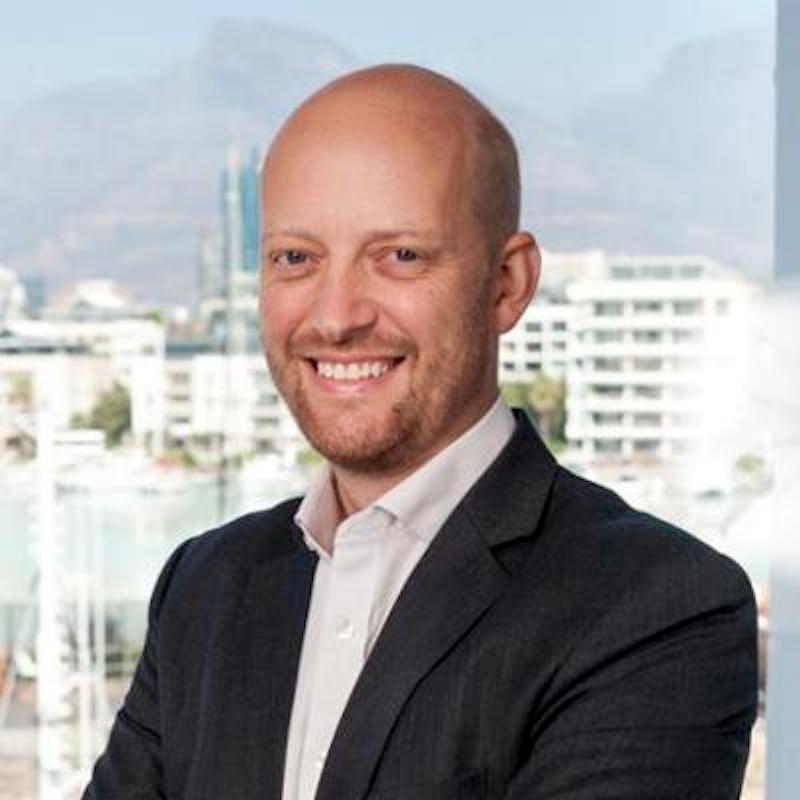

Ed is a supply chain expert and trusted advisor to governments and international donors in public health commodity security and medicines access. In addition to a wide range of consulting projects across Africa and a secondment to the NDoH in South Africa, he was on the founding teams of Coca-Cola’s Project Last Mile and the Africa Resource Centre — Africa’s Public Health Supply Chain Institution. Ed has also held regional and technical director roles for consultancies and NGOs.
Ed holds a master’s degree in aerospace engineering from Bristol University and a supply chain micromasters credential from MIT.
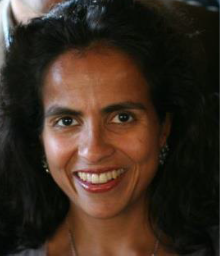

Before joining the World Bank/GFF, Supriya worked for USAID’s Office of Maternal and Child Health and Nutrition in implementation research; worked for five years for Population Services International/Greenstar Social Marketing as a general manager for program support and with the Aga Khan Foundation in Pakistan; and worked with Doctors of the World/USA, as country director for FYR Kosovo during and after the war. She started her career in public health as an epidemiologist with the Chicago Department of Public Health during the early years of the AIDS epidemic. Supriya holds a PhD in population and health/demography from Johns Hopkins University and an MPH in sociomedical sciences from Columbia University.
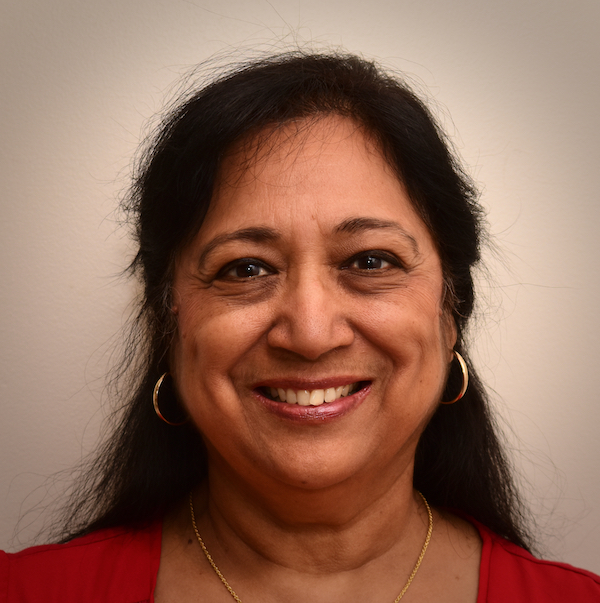

A recognized leader on gender equality, reproductive health, and adolescent rights, Anju headed UNICEF’s work on gender equality, leading the development and implementation of UNICEF’s innovative and highly effective Gender Action Plan. She has been a leader in shaping the SDG target and global movement to end child marriage, in establishing the multidonor, multicountry global program to end child marriage, and in shaping the research agenda on child marriage and adolescent health.
Previously at the International Center for Research on Women (ICRW), Anju led the design and impact evaluations of adolescent sexual and reproductive health programs, the keynote paper for the landmark 2007 Women Deliver conference, and the “Fertility and Empowerment Network.” She holds a PhD in demography from the University of Michigan.
Before joining the GFF, she served in the development effectiveness teams of the East and West Africa Regions of the World Bank, where she provided operational support and policy guidance on lending products, portfolio monitoring, served as trust fund coordinator for the regions, managed the Ebola Recovery Trust Fund, delivered training, and contributed to corporate initiatives and reforms.
Earlier in her career, she worked in the World Bank’s Corporate Units on trust fund policy and human resources.
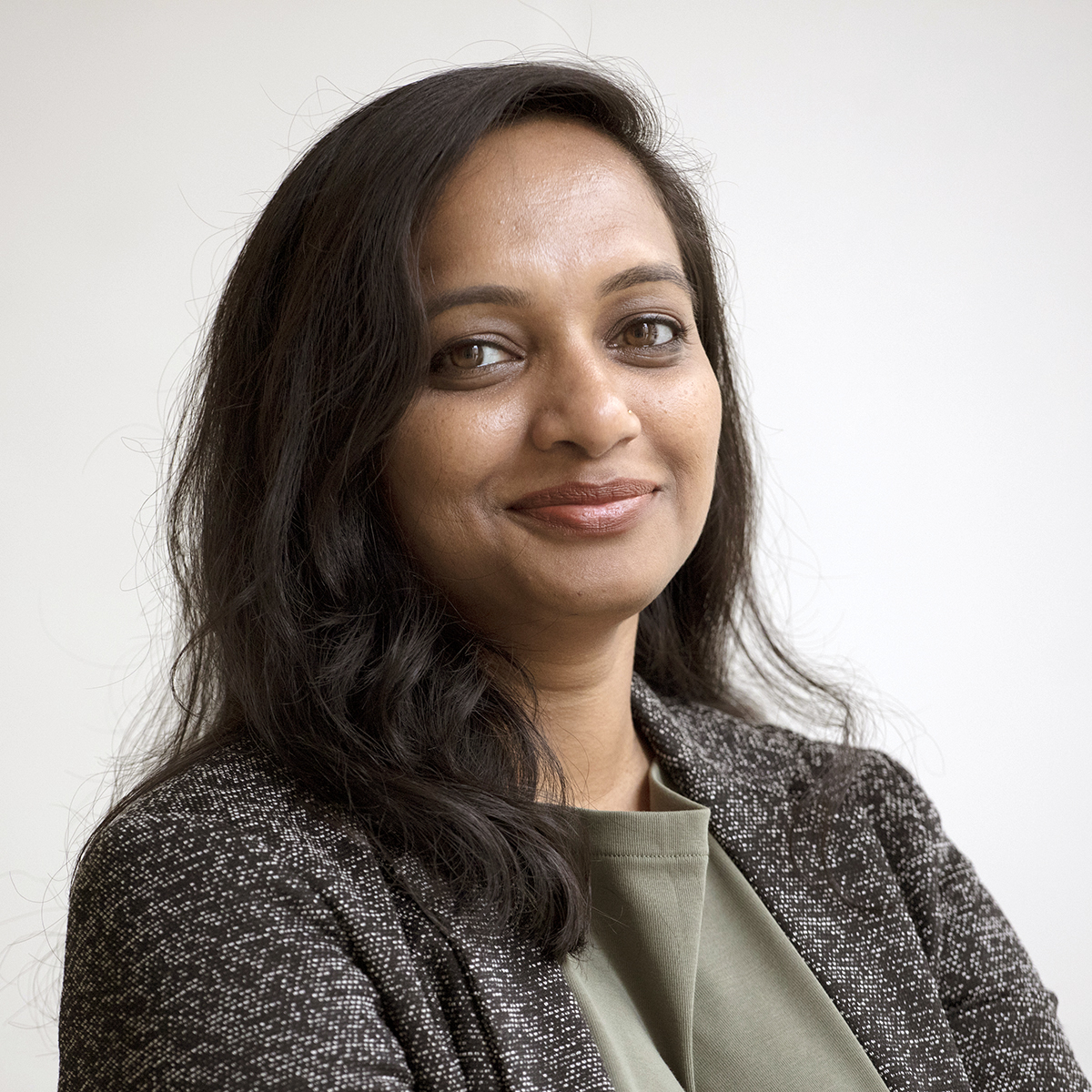

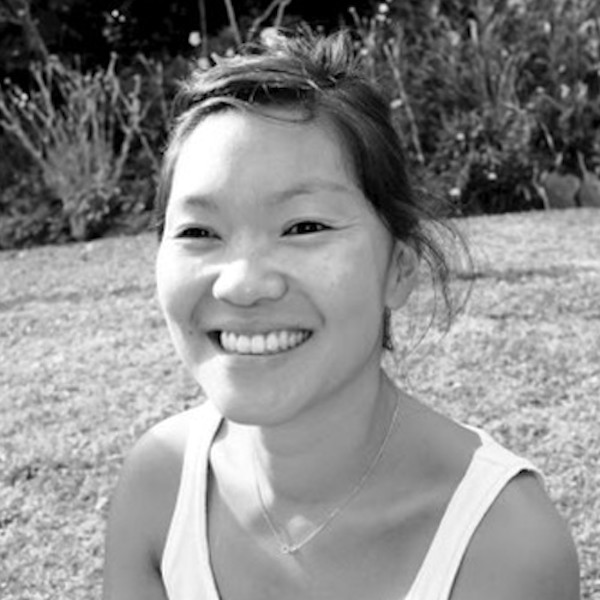



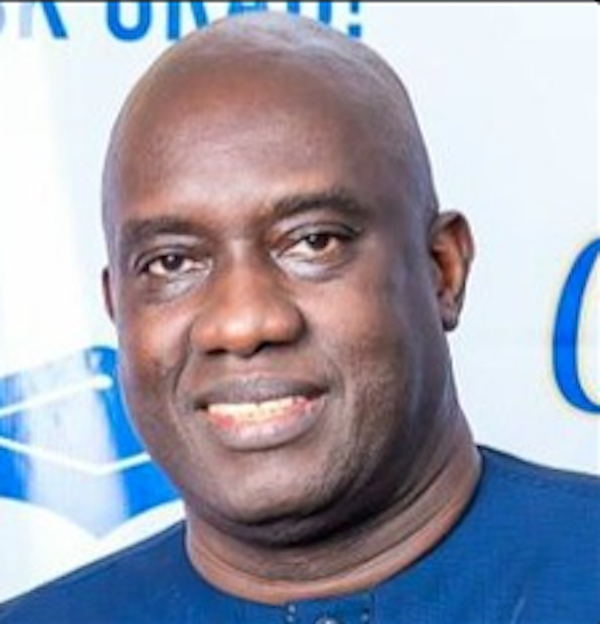

As a senior nutrition specialist within Global Financing Facility (GFF) Secretariat at World Bank, Biram leads the development and oversee the quality of the GFF engagement in nutrition. He provides technical assistance to client countries and World Bank task teams on the integration of nutrition into GFF investment cases, health systems and financing reforms, and associated maternal, child and adolescent health programs and platforms.
Prior to joining GFF Secretariat, Biram worked with UNICEF, as chief of nutrition in Somalia, South Sudan, Tanzania, and Burkina Faso between 2008 and 2023. As the national coordinator of Senegal's National Committee for the Fight Against Malnutrition in the Office of the Prime Minister (2001–2008), Biram supported the formulation of a national multisectoral nutrition policy and managed the Nutrition Enhancement Program. Biram was also country director in Cameroon for the humanitarian organization Action Against Hunger between 1999 and 2001.
Biram holds a PhD in nutrition from Denis Diderot University (Paris, France), a master’s in public health from Royal Tropical Institute (KIT, Amsterdam, Netherlands) and a MSc in the analysis of food policies and practices from Pantheon Sorbonne University (Paris, France). He is a certified strategy planning professional (SPP) from the International Association of Strategy Professionals.


Prior to the GFF, Rachel was an independent consultant and health systems policy researcher, supporting monitoring, evaluation, learning and research activities at the World Health Organization, the Global Fund for AIDS, TB, and Malaria, UNICEF, John Snow Inc, and Results for Development Institute. Rachel also holds an associate faculty appointment in the Health Systems Program International Health Department of the Johns Hopkins Bloomberg School of Public Health and remains active in the field of health systems research.


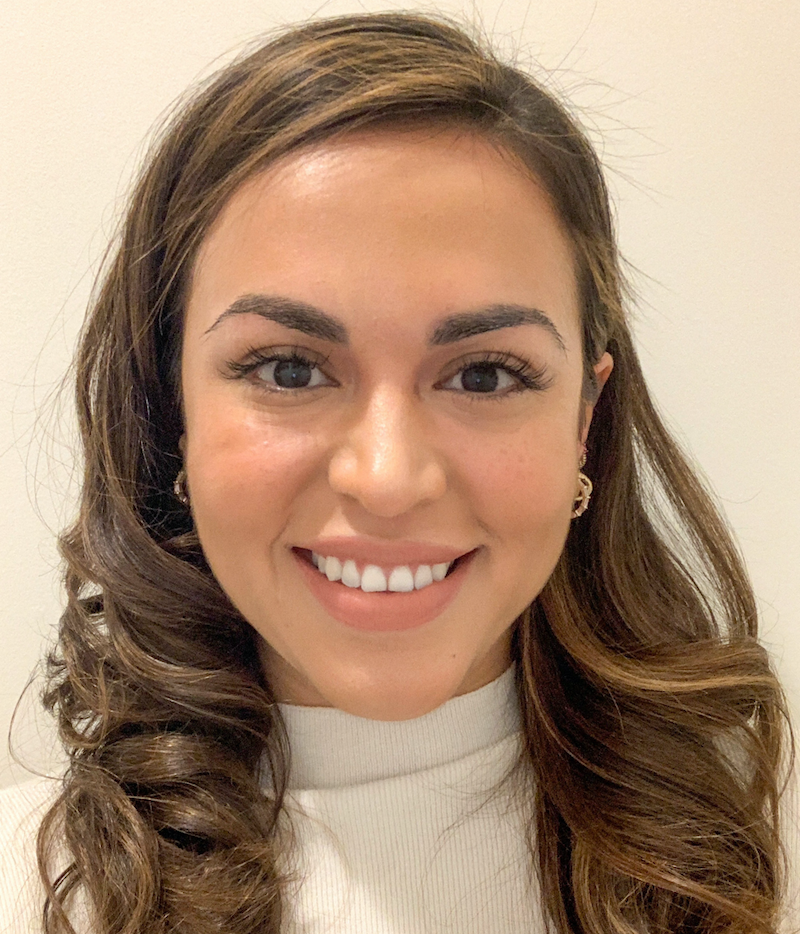

For the past few years she has been monitoring World Bank and IDB projects, focusing on their environmental and social risks, grievance redress mechanisms and safeguards adherence. Most recently, she monitored World Bank COVID-19 projects in Africa and Latin America and the impacts of the COVID-19 crisis in maternal, child and adolescents health funding and programming.


Previously, Marwa led the analytic work under the Primary Health Care Performance Initiative (PHCPI) at the World Bank and contributed to cross-country assessments and dashboards for primary health care strengthening and policy dialogue. She also worked with Doctors Without Borders (MSF) as an epidemiologist, and at the Johns Hopkins Center for Humanitarian Health on health systems quality and adaptation of monitoring approaches in FCV settings.
Marwa holds a PhD in international health systems and a master’s degree in environmental and population epidemiology, with a focus on risk assessment and public policy. She specializes in leveraging routine data systems to inform equitable health investments.
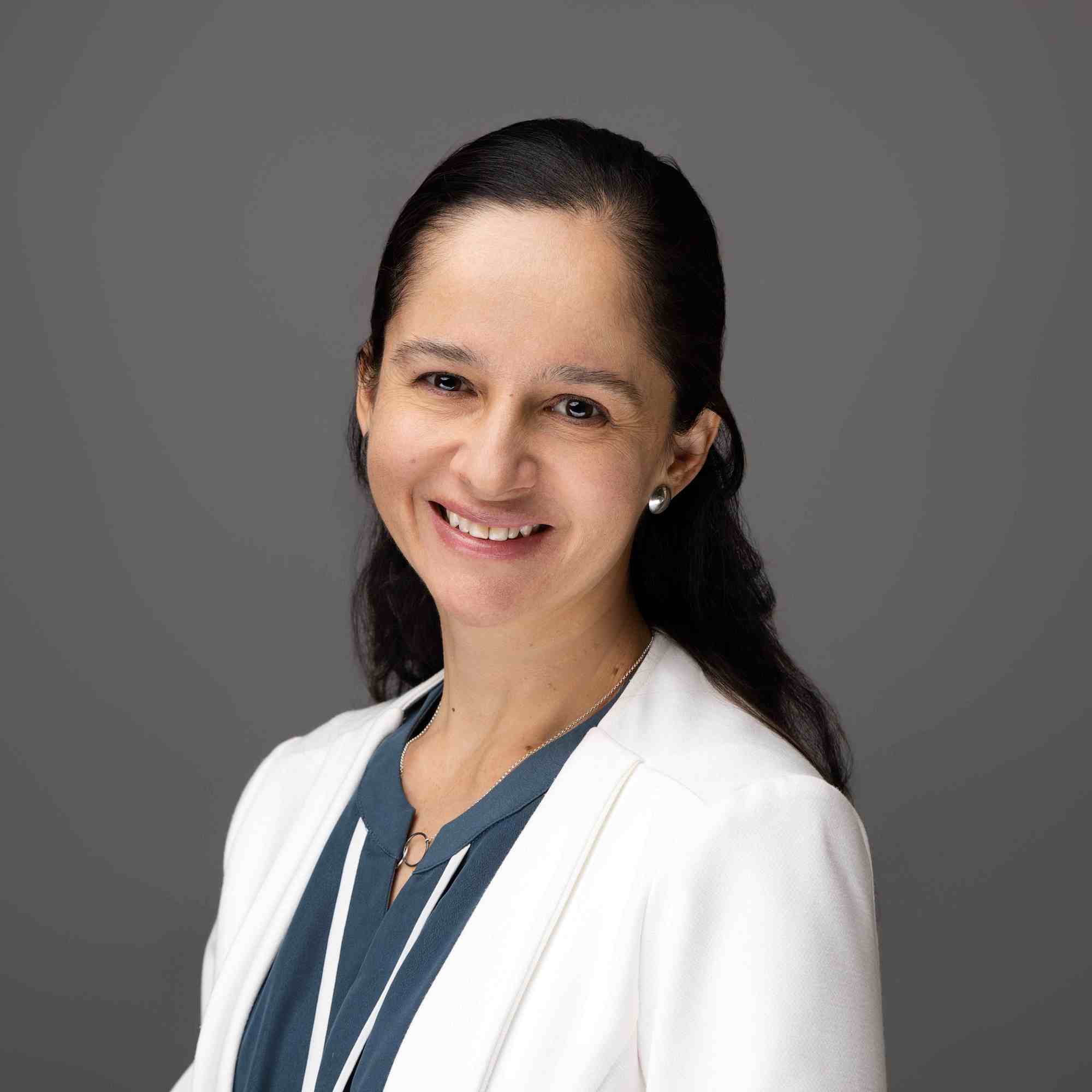

Prior to joining the GFF, she led for the Global Indicators Group in the World Bank’s Development Economics Vice Presidency, regional and subnational regulatory assessments to improve private sector business enabling environment in countries. Camila is a lawyer, graduating in the United States with a Master of Laws degree and an MPH in global health policy.
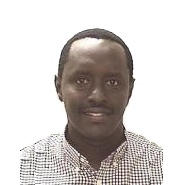

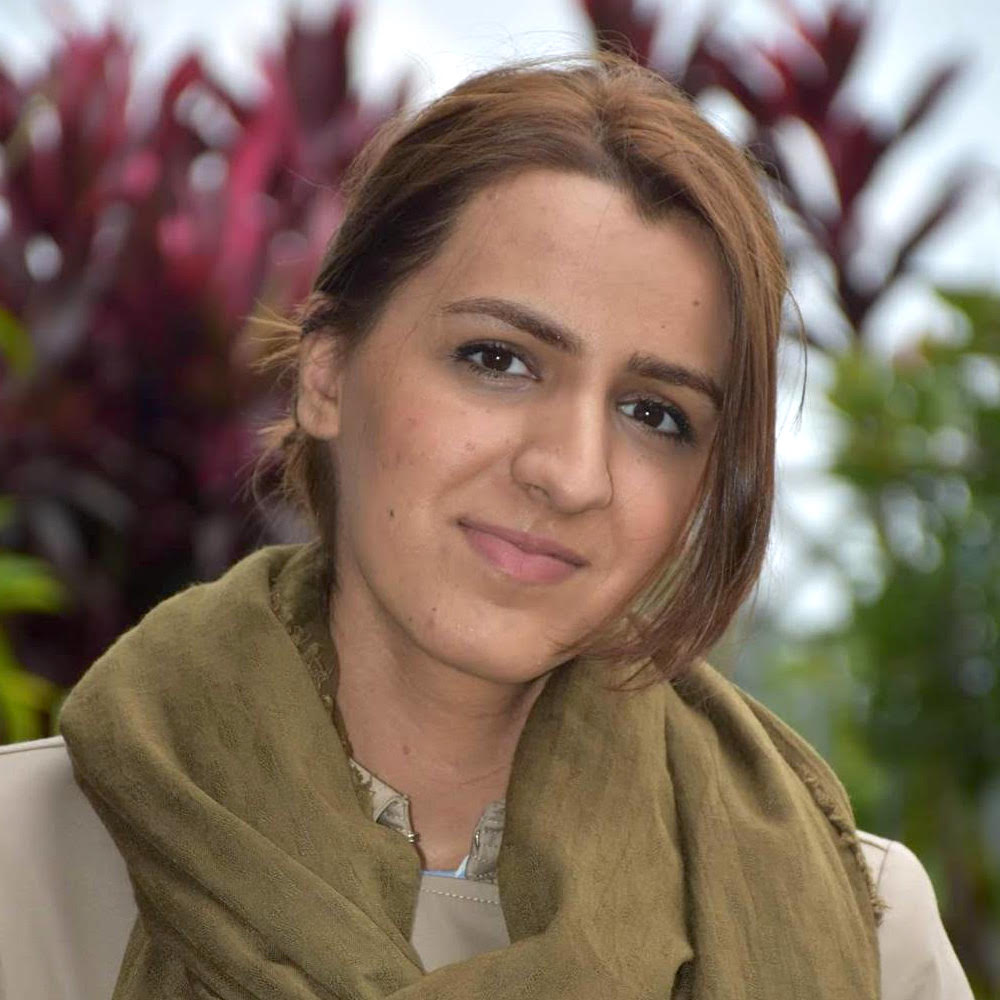

Prior to joining the World Bank, Diwa worked as a senior health system specialist at the Global Fund, where she contributed to the Global Fund’s RSSH agenda. In this role, she provided specialized technical support in community health financing approaches, HRH, social contracting with CSOs, and the integration of disease programs within countries' health system structures, particularly in preparation for the Global Fund’s Cycle 7.
Diwa has also served as the deputy health minister and senior health sector reform advisor to the president of Afghanistan. In these roles, she focused on designing national health programs and worked closely with various partners to align resources for program implementation. She also led multisectoral efforts to address social determinants of health.
Diwa holds a master’s degree in economics with specialized training in health economics and health system governance. She is passionate about research and has published in various journals, including The Lancet, BMC Health Services Research, and BMC Palliative Care. She has delivered executive trainings, most recently as a visiting lecturer at the University of Oxford’s Blavatnik School of Government, focusing on social outcome financing approaches.


Previously she was chief of the national HIV and STI surveillance and strategic information unit and a monitoring and evaluation specialist for maternal, child, and adolescent health at the Philippine Department of Health.


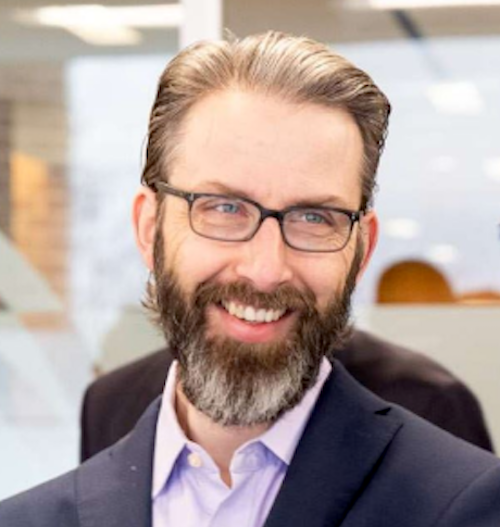

Matthijs is a trust fund program management expert with more than 15 years of experience in the World Bank. Before joining the GFF, he served as senior operations officer in the global programs unit of the Urban, Resilience and Land Global Practice (GPURL), where he was the practice’s trust fund coordinator and the program manager of the sustainable urban and regional development (SURGE) umbrella program. In his other previous roles, he worked in the partnerships unit of the Social, Urban, Rural and Resilience Global Practice, and he coordinated and later managed the Water Partnership Program (WPP) in the Water Global Practice.
Before joining the World Bank in 2009, he worked at a Dutch not-for-profit consultancy firm. He holds a master of science degree in physical geography from the University of Amsterdam.


Before joining the GFF, she worked as a program assistant for human resources operations for the World Bank and in the Health, Nutrition and Population (HNP) Global Practice. Prior to working at the World Bank, she worked as a mission coordinator for the United Nations Development Programme in the Philippines.
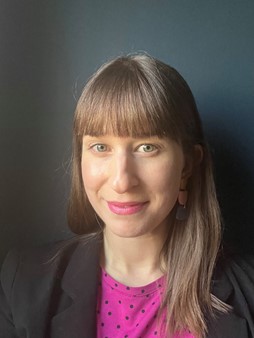

Before joining the GFF, Cicely worked with Results for Development where she led a portfolio of work focused on the integration of private sector in government stewarded mixed health systems; provided technical assistance to countries for health financing reform, including around strategic purchasing, benefit package design, and costing; and acted as a technical facilitator of the Joint Learning Network for UHC primary health care Initiative.
Before joining the GFF, she worked in the World Bank as a team leader of the regional Sub-Saharan African Women’s Empowerment and Demographic Dividend Project Plus (SWEDD+), in the front offices of the Vice President for Sub-Saharan Africa and the Regional Directors for Human Development in Africa, and as executive director advisor on the World Bank Group’s Board. Prior to joining the World Bank in 2012, she worked for the Belgian Development Cooperation on partnerships with multilateral organizations and with African countries.


She also worked with the government of Nigeria for six years, where she supported government’s effort to revitalize primary health care (PHC) service delivery using innovative approaches, including performance-based financing (PBF) and direct facility financing (DFF).
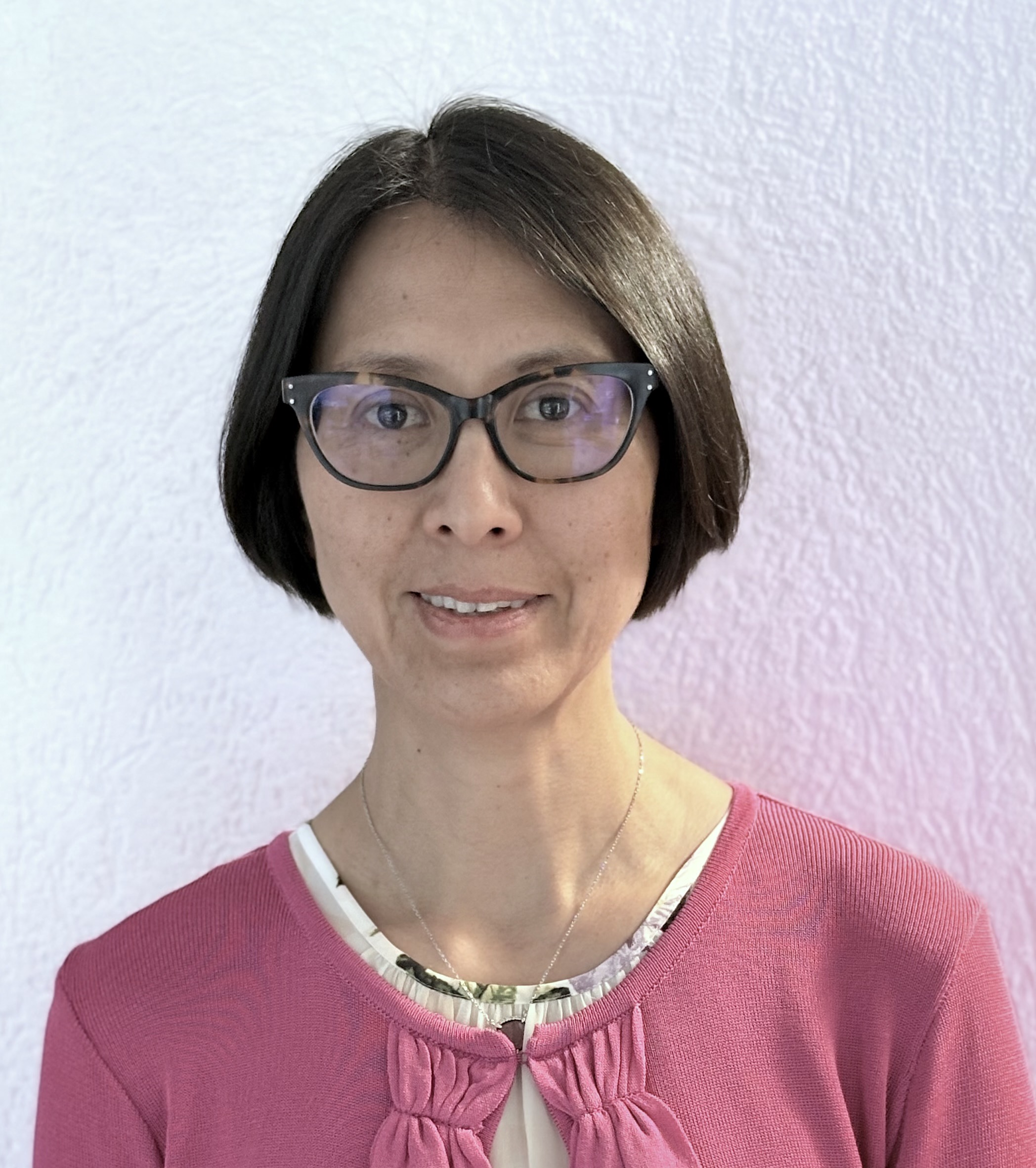

Prior to joining GFF, Shufang was the technical lead of value for money at the Global Fund to Fight AIDS, TB and Malaria. She successfully provided technical coordination and advice to over 70 countries in areas of costing, efficiency assessment at program and system levels, cost-effectiveness analysis of intervention scenarios, payment for results program design, economics evaluation of health programs and system reforms, and multi-criteria resource allocation, among others. Previously, she worked for United Nations and the World Bank.
Shufang has managed and built strong partnerships with leading academic institutions, think tanks, as well as technical and funding partners in global health. She has served on multiple expert panels and advisory committees on sustainable development, health system reform, national strategic planning, global health costing, and resource allocation modeling.
She earned a master’s degree in environmental economics from Duke University and doctorate in health economics from Harvard University.